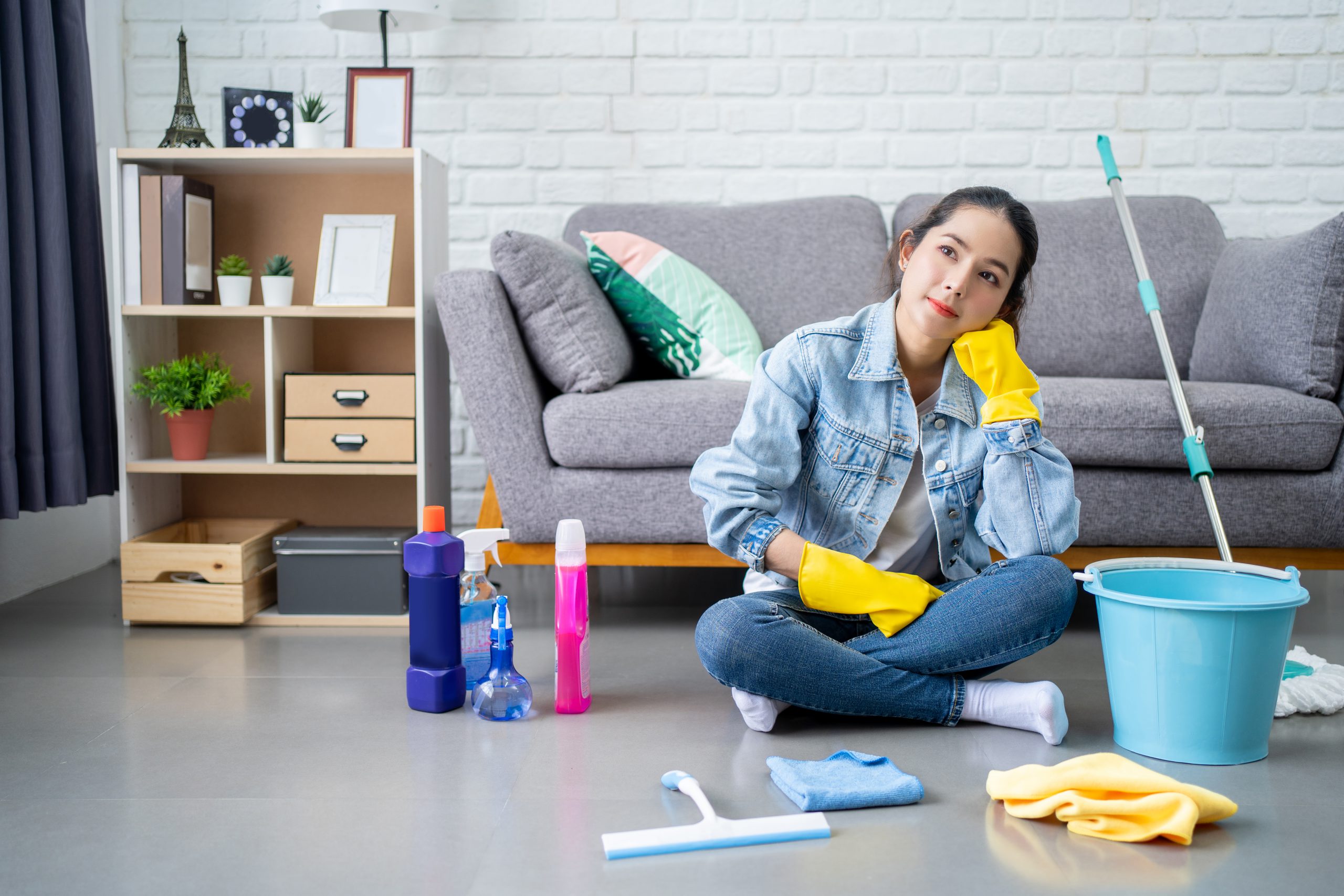
As the weather warms, we must all be mindful that the summer heat is a breeding ground for germs around the house.
It’s never more important to keep a clean home than during the summer months.
Doors and windows are often left open to bring in the cooling breeze, but insects, dust and pollen can also enter your home.
While you might already diligently clean prominent germ hotspots, there are some surprising areas where grime and bacteria lurk. Believe it or not, your kitchen, the heart of your home, can harbor more germs than your bathroom.
According to the National Sanitation Foundation (NSF), several everyday kitchen items are breeding grounds for bacteria and other microbes:
- Kitchen sponges and dishrags: If not sanitized regularly, they pick up germs and can foster significant bacterial growth. Microwave damp sponges for two minutes daily and replace them every two weeks.
- Coffee reservoirs: The dark, damp environment of coffee reservoirs is a breeding ground for bacteria, mold, and yeast. Clean them monthly with vinegar and run fresh water cycles afterwards.
- Countertops: Coliform bacteria, often from raw meat and unwashed produce, can linger on countertops. Clean them daily with hot soapy water, bleach solution, or sanitizing agent.
- Pet bowls: Wash pet bowls daily in a sanitizing dishwasher or with hot soapy water to prevent bacterial buildup.
- Faucet handle: This high-touch area is often overlooked in cleaning routines. Disinfect it daily with a bleach solution.
Below are some more areas around the home that can be germ hotspots.
- Toothbrush holders – Humidity encourages mold growth. Clean them regularly in the dishwasher or with hot, soapy water.
- Shower curtains – Machine wash plastic shower curtains monthly to prevent mildew buildup. Have two curtains on rotation.
- The laundry – Run a monthly cleaning cycle in your washing machine and remove lint from the dryer after each use.
- High-touch areas – Doorknobs, light switches and TV remotes should be disinfected regularly.
- Pet toys – Clean and disinfect pet toys regularly to prevent the spread of germs.
